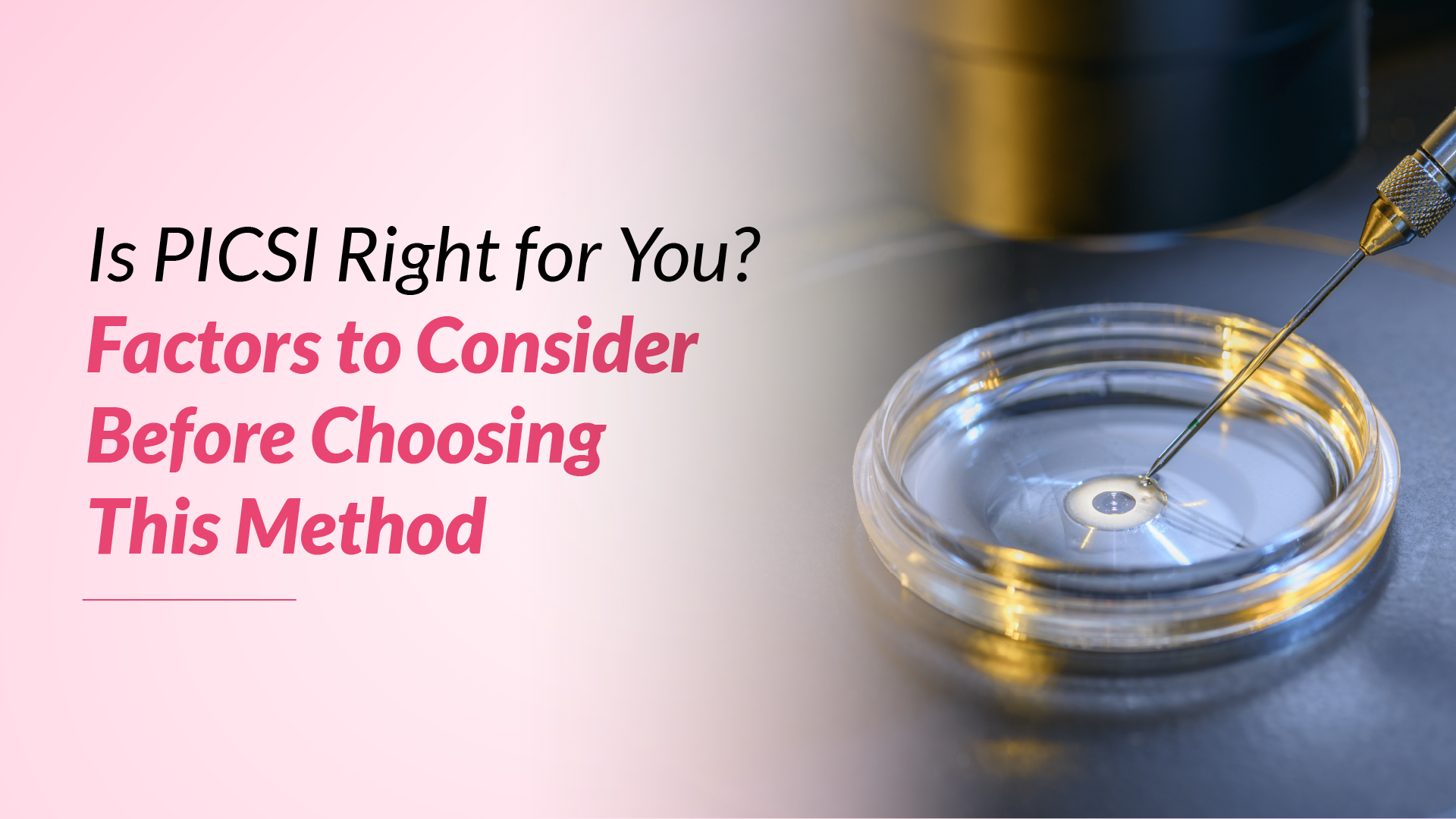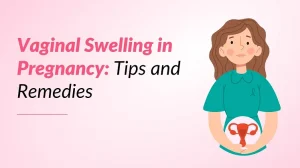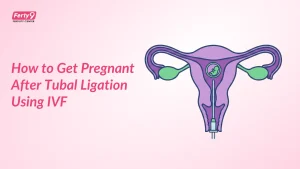Have you faced repeated disappointments with IVF treatments, wondering why fertilization or implantation hasn’t succeeded? Many couples in similar situations often seek advanced solutions for improved outcomes. If you’re exploring additional methods, you may have come across the term PICSI and wondered, What is PICSI in IVF?
PICSI, which stands for Physiological Intracytoplasmic Sperm Injection, offers a refined approach to sperm selection, particularly beneficial for couples struggling with male infertility factors. This method provides hope by potentially improving fertilization and embryo quality. Let’s get into understanding the PICSI procedure to see if it’s the right fit for your fertility journey.
How Does PICSI Work?
PICSI works by enhancing the ICSI procedure. In traditional ICSI, an embryologist selects a sperm to inject directly into the egg, often based on visual inspection alone. PICSI takes this process further by using a specialized dish containing hyaluronic acid, a substance naturally found in the human body.
Sperms that bind to hyaluronic acid are considered more mature and less likely to have PICSI DNA fragmentation. Once the binding occurs, the most viable sperm are selected for injection, improving the chances of creating a healthy embryo.
The Role of Hyaluronic Acid
Hyaluronic acid plays a crucial role in ensuring sperm quality. It mimics the natural environment of the egg’s outer layer, helping embryologists identify sperm with optimal genetic integrity. This process reduces the risk of selecting sperm with compromised DNA, which is a common concern in male infertility cases.
By utilizing hyaluronic acid, the PICSI method targets sperm that exhibit better motility, morphology, and genetic health. This careful selection significantly enhances the overall success of the PICSI IVF process.
Benefits of Choosing PICSI IVF
Choosing PICSI IVF offers several benefits that can significantly enhance the success rates of in vitro fertilization (IVF) treatments. Here are some key advantages:
Higher Quality Sperm Selection
PICSI focuses on selecting the most viable sperm and improving fertilization quality. This is particularly useful for couples dealing with male fertility issues like poor sperm motility or morphology.
Customized Sperm Selection
Unlike traditional IVF or ICSI, PICSI uses a more scientific approach to select sperm. The PICSI full form underscores its physiological basis, ensuring a more precise match for fertilization.
Enhanced Fertilization Rates
Studies comparing ICSI vs PICSI success rates suggest that PICSI may lead to better fertilization outcomes. This means a higher likelihood of forming healthy embryos in the early stages.
Improved Embryo Development
PICSI-selected sperm can contribute to better embryo quality, which is vital for implantation and pregnancy success.
Reduced Risk of Genetic Abnormalities
Selecting sperm with low DNA fragmentation reduces the chances of genetic issues, offering peace of mind for couples concerned about hereditary conditions.
Potential for Higher Pregnancy Rates
Although not guaranteed, the use of PICSI has been associated with improved pregnancy rates in certain cases, especially for those with previous failed IVF cycles.
Factors to Consider Before Choosing PICSI
There are several factors to consider before proceeding with this treatment. Here are some key points to keep in mind:
Age and Egg Quality
The effectiveness of PICSI also depends on the quality of the eggs. Women above a certain age might experience diminished ovarian reserve, which could impact outcomes even with improved sperm selection.
Male Fertility Factors
If issues like low sperm count or high DNA fragmentation are present, PICSI can be particularly beneficial. It’s crucial to assess the underlying causes through detailed fertility evaluations.
Previous IVF Attempts
If you’ve had failed IVF cycles, especially with ICSI, discussing ICSI vs PICSI with your fertility specialist can help determine whether the added step of PICSI might be beneficial.
Underlying Medical Conditions
Conditions such as varicocele or infections affecting sperm quality could influence the success of ICSI PICSI. Treating these conditions may be necessary for optimal results.
Emotional and Psychological Readiness
Fertility treatments can be emotionally taxing. It’s important to feel prepared for the PICSI process, as it involves additional procedures and potential emotional highs and lows.
Cost Implications
PICSI cost is higher than traditional ICSI due to the specialized equipment and materials required. Understanding the financial commitment is essential before opting for this procedure.
Availability of Experienced Specialists
Not all fertility clinics offer PICSI, as it requires trained professionals and specific equipment. Ensure that your chosen center has expertise in performing the PICSI procedure.
Success Rates of PICSI IVF
The PICSI IVF success rates vary depending on individual factors like age, egg quality, and the severity of male infertility. However, studies show that PICSI can lead to better fertilization and implantation rates in specific cases, particularly for couples with previous IVF failures or high levels of sperm DNA fragmentation.
Potential Risks and Considerations
While PICSI offers many advantages, it’s important to note that success is not guaranteed. Risks such as procedural complications or low embryo viability may still occur. Consulting with your PICSI fertility specialist about these risks will help set realistic expectations.
Conclusion
PICSI provides a promising option for couples dealing with male infertility issues or repeated IVF failures. Offering a more refined sperm selection method it can improve outcomes and bring you closer to achieving your dream of parenthood. If you’re considering PICSI, consult the experts at Ferty9 Fertility Center. Our experienced team is here to guide you through the process and help you make informed choices about your fertility treatment.





























